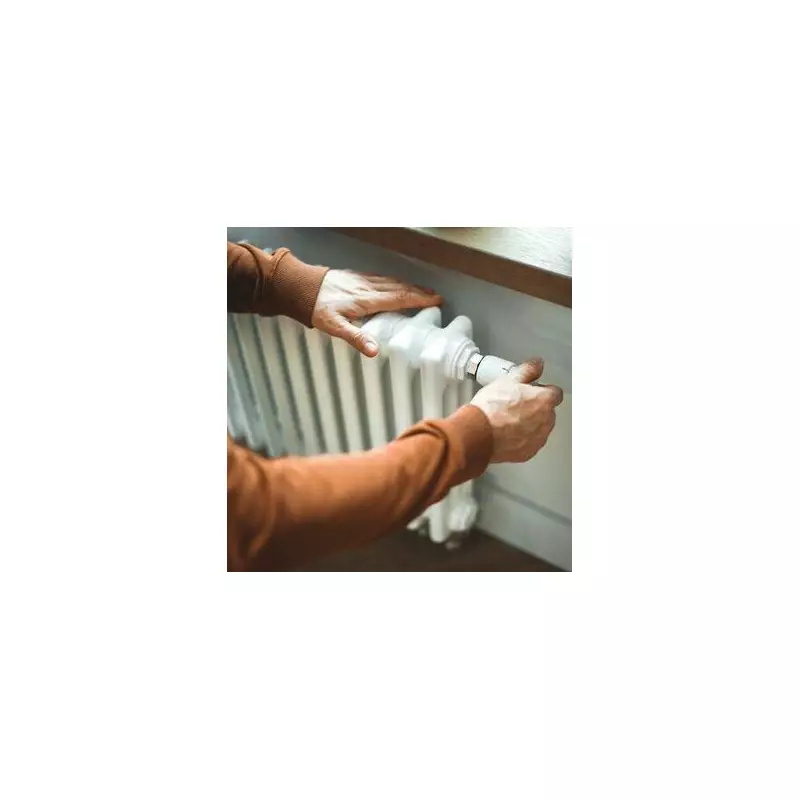
As the mercury plummets across the UK, many households have already fired up their central heating. Yet, if you've found your home isn't getting as warm as it should, the culprit might be air trapped in your radiators.
Completing one simple task now – bleeding your radiators – can make a dramatic difference to your home's warmth and your wallet. Experts, including British Gas, confirm that this essential maintenance can ensure your heating works effectively and slash your energy bills during the coldest months.
How to Check If Your Radiator Needs Bleeding
The process begins with a simple check. Turn on your heating and allow the radiators to warm up. Carefully feel the top and bottom of each unit. If the radiator is hot at the bottom but cold at the top, you have trapped air and it needs bleeding. Conversely, if it's hot at the top and cold at the bottom, it does not require attention.
As highlighted by TikToker @experthometips, that cold patch at the top is a clear sign of trapped air, which prevents hot water from circulating properly and reduces efficiency.
The Step-by-Step Guide to Bleeding a Radiator
Before you start, the most critical safety step is to turn off your central heating system completely. Attempting to bleed a radiator while the system is on risks serious scalds from escaping hot water.
Locate the small valve at the top of your radiator. Some have a flat groove in the middle, allowing you to use a flat-head screwdriver. Others require a specific radiator bleed key, which can be purchased cheaply from any DIY shop.
Hold a cloth or a small container directly under the valve to catch any drips. Slowly turn the key or screwdriver 90 degrees (a quarter-turn) anti-clockwise. You will hear a distinct hissing sound as the trapped air escapes.
British Gas advises to only open the valve slightly. Once the hissing stops and a steady trickle of water begins to flow, quickly close the valve tightly. You can then turn your central heating back on. After the system has reheated, the radiator should be warm across its entire surface.
Maintaining Your System for Long-Term Efficiency
How often should you perform this task? British Gas recommends bleeding your radiators once every few months, particularly after long periods of disuse, such as at the end of summer. Regular maintenance like this reduces strain on your boiler and ensures your entire system runs efficiently.
Once you have bled all the radiators in your house, it's important to check your boiler's pressure gauge. The pressure will naturally drop a little after bleeding. It should read between 1.0 and 1.5 bars when the boiler is off, and around 2 bars when it is on. If the pressure is too low, you may need to re-pressurise the system, a process that is often simpler than it sounds.
Taking just a few minutes to bleed your radiators is a highly effective way to ensure a warmer home and lower energy costs throughout the winter season.





